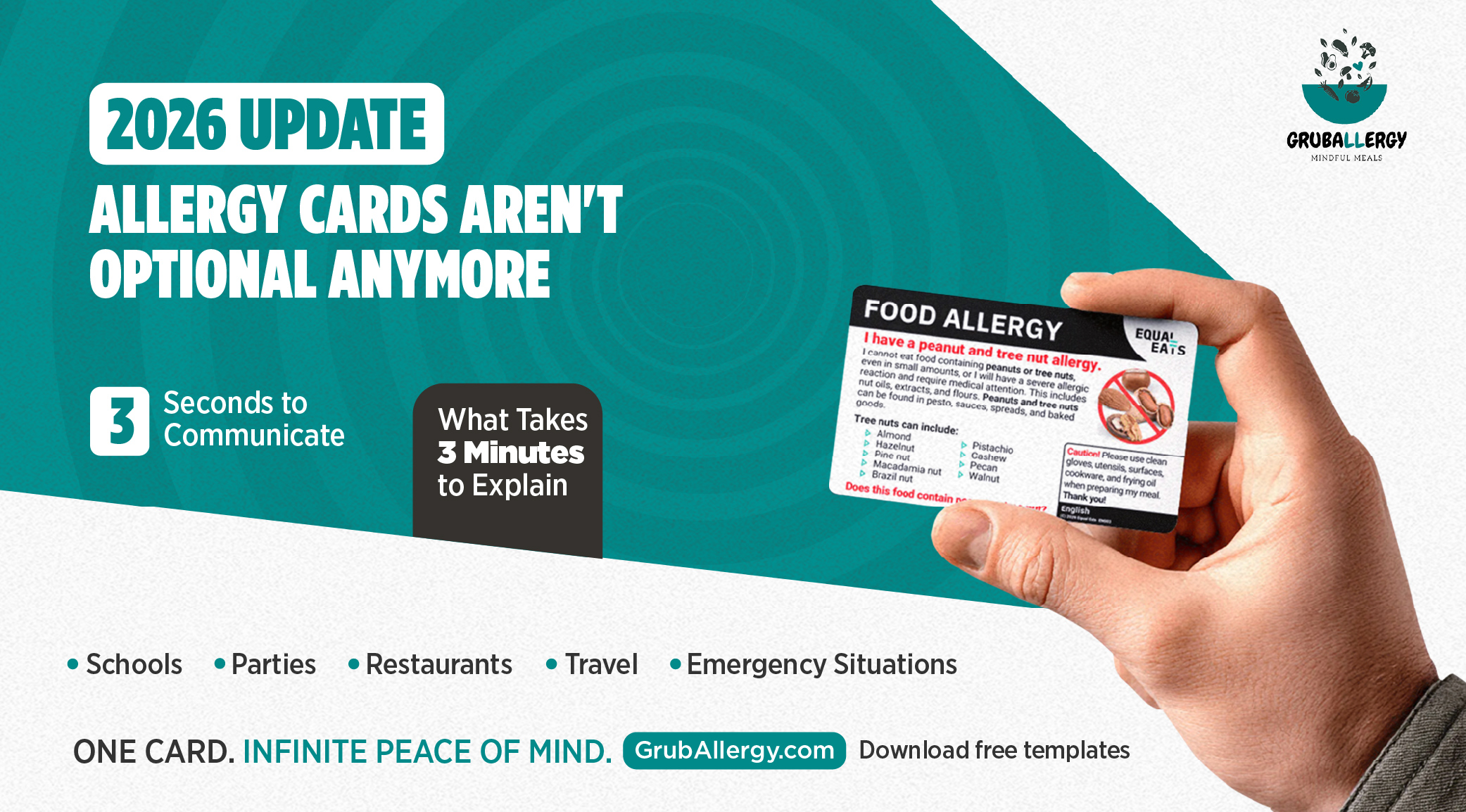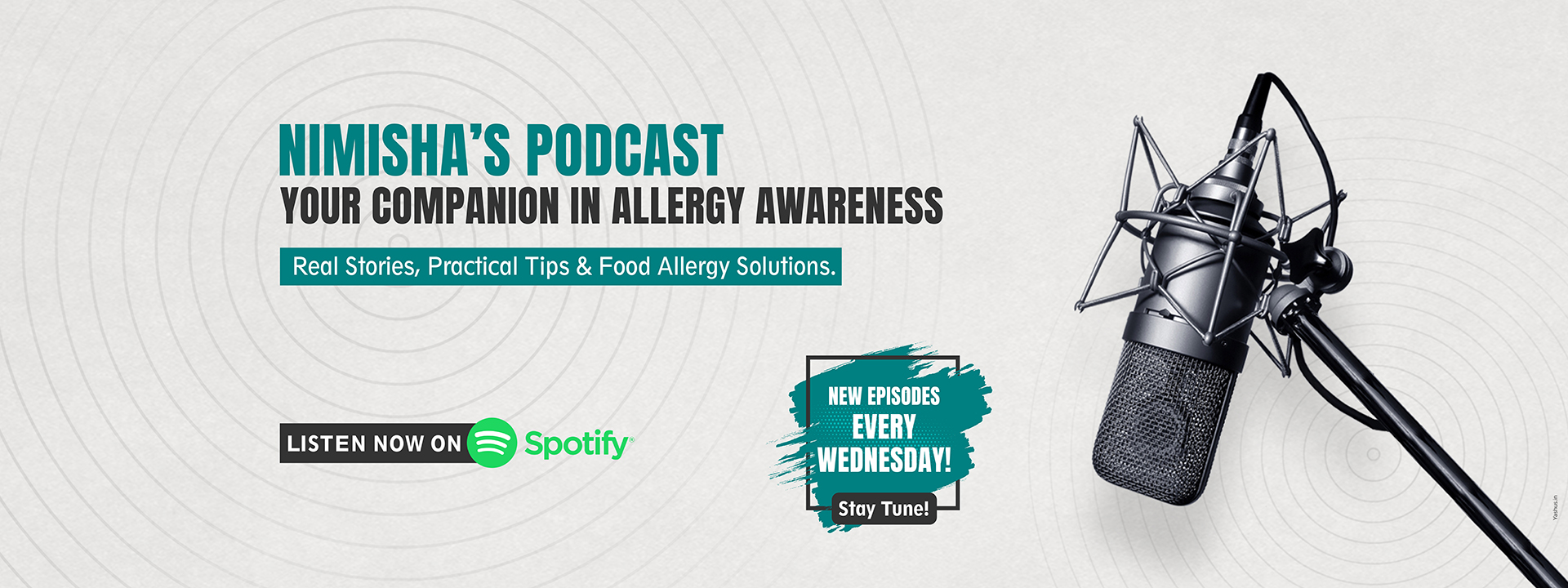Seasonal Allergies and Sleep: How Nighttime Symptoms Disrupt Rest and What to Do
BlogsJune 10, 2025
.jpg)
Seasonal allergies, commonly referred to as hay fever or allergic rhinitis, affect millions of individuals worldwide. Triggered by airborne allergens such as pollen from trees, grasses, and weeds, these allergies can cause a range of allergy symptoms including sneezing, nasal congestion, itchy eyes, and coughing. While the daytime discomfort is well-known, many sufferers experience a significant yet underrecognized consequence: disrupted sleep. The interplay between seasonal allergies and sleep is complex, but addressing nighttime symptoms is critical for overall health and well-being.
The Sleep Disruption Caused by Seasonal Allergies
Nighttime symptoms of seasonal allergies can severely impair the ability to fall and stay asleep. Nasal congestion, a hallmark of allergic rhinitis, worsens when lying down due to increased blood flow to the nasal passages and gravity-dependent drainage issues. This congestion forces individuals to breathe through their mouths, leading to dry throat and snoring, which can further disrupt sleep quality.
Itchy eyes and postnasal drip also contribute to nighttime discomfort. The sensation of mucus dripping down the throat can trigger coughing fits, particularly in the early stages of sleep. Moreover, the body’s immune response during allergy reactions releases histamines, which may disturb the body’s natural circadian rhythm, making it harder to achieve deep, restorative sleep.
Research consistently shows that individuals with allergic rhinitis are more likely to suffer from insomnia, frequent awakenings, and poor sleep efficiency. Chronic sleep deprivation caused by allergy symptoms not only affects daytime functioning leading to fatigue, mood disturbances, and decreased cognitive performance but also weakens the immune system, exacerbating allergic responses in a vicious cycle.
Strategies for Managing Nighttime Allergy Symptoms
Optimize Bedroom Environment
Keeping the bedroom free from allergens is a foundational step. Use high-efficiency particulate air (HEPA) filters to reduce airborne pollen and dust. Wash bedding frequently in hot water, and keep windows closed during high pollen seasons. Encase pillows and mattresses in allergen-proof covers, and consider removing carpets or heavy drapes that can harbor allergens.
Time Medication Appropriately
Antihistamines, nasal corticosteroids, and decongestants can effectively manage allergy symptoms. Long-acting, non-drowsy antihistamines taken in the evening may provide symptom relief throughout the night. However, some medications can interfere with sleep, so consulting a healthcare provider to tailor treatment to individual needs is essential. If you're also managing food allergies, be sure to discuss safe medication choices with your doctor.
Implement a Bedtime Routine
A consistent nighttime routine can help signal the body to wind down. Taking a warm shower before bed not only promotes relaxation but also washes off pollen particles that accumulate on skin and hair. Nasal irrigation with a saline rinse can clear allergens from nasal passages and improve breathing.
Monitor Indoor Air Quality
Humidity levels in the bedroom should be kept between 30% and 50%. Excess humidity can encourage mold growth, another common allergy trigger. A dehumidifier or air purifier with a HEPA filter can enhance air quality and reduce potential irritants.
Seek Professional Guidance
For persistent or severe seasonal allergies, allergy testing and immunotherapy (such as allergy shots or sublingual tablets) may provide long-term relief. A sleep specialist can also evaluate if underlying sleep disorders are contributing to poor rest.
Conclusion
Seasonal allergies do more than cause sneezing and itchy eyes; they can significantly disrupt sleep and diminish quality of life. Recognizing and addressing nighttime allergy symptoms is crucial to breaking the cycle of poor sleep and worsening allergies. Through a combination of environmental control, medical management, and healthy sleep habits, individuals can reclaim restful nights even during peak allergy season. As awareness grows, better sleep for allergy sufferers is not just a possibility it’s a priority.
FAQ

You may also like
Leave a Reply

Get a free consultation with GrubAllergy.
Share your child's food allergy history, and let us guide you with expert advice on managing and navigating food allergies with confidence.



.png)







